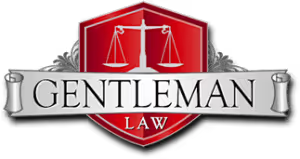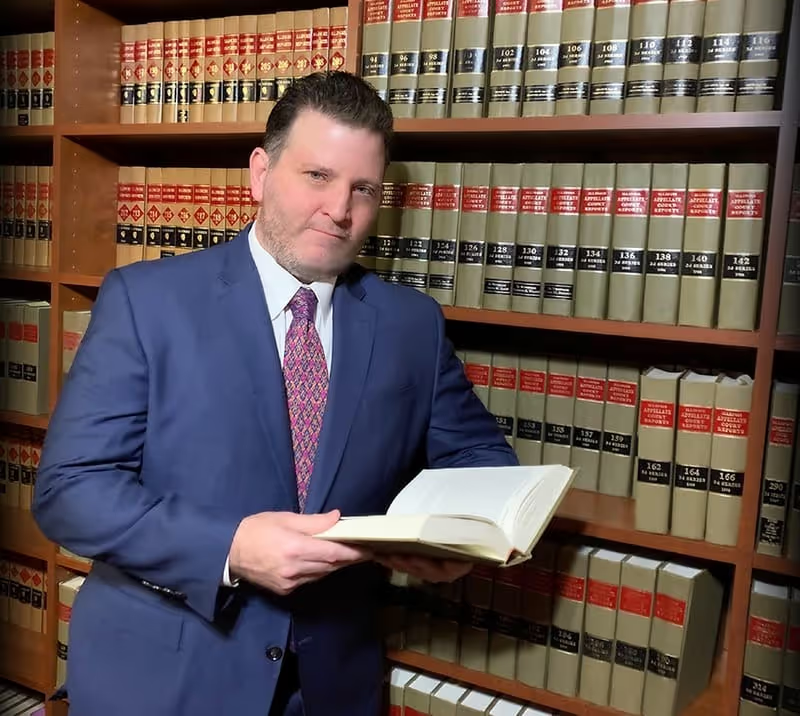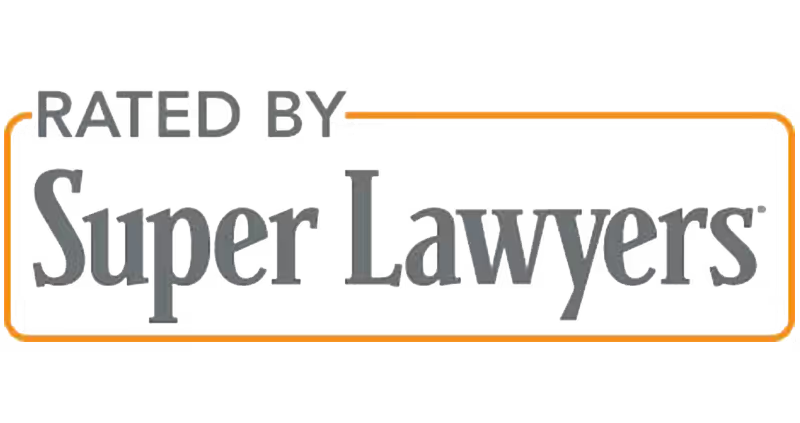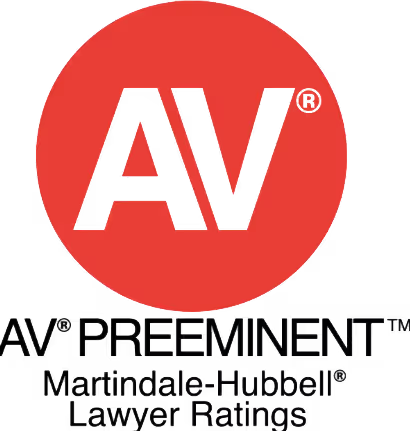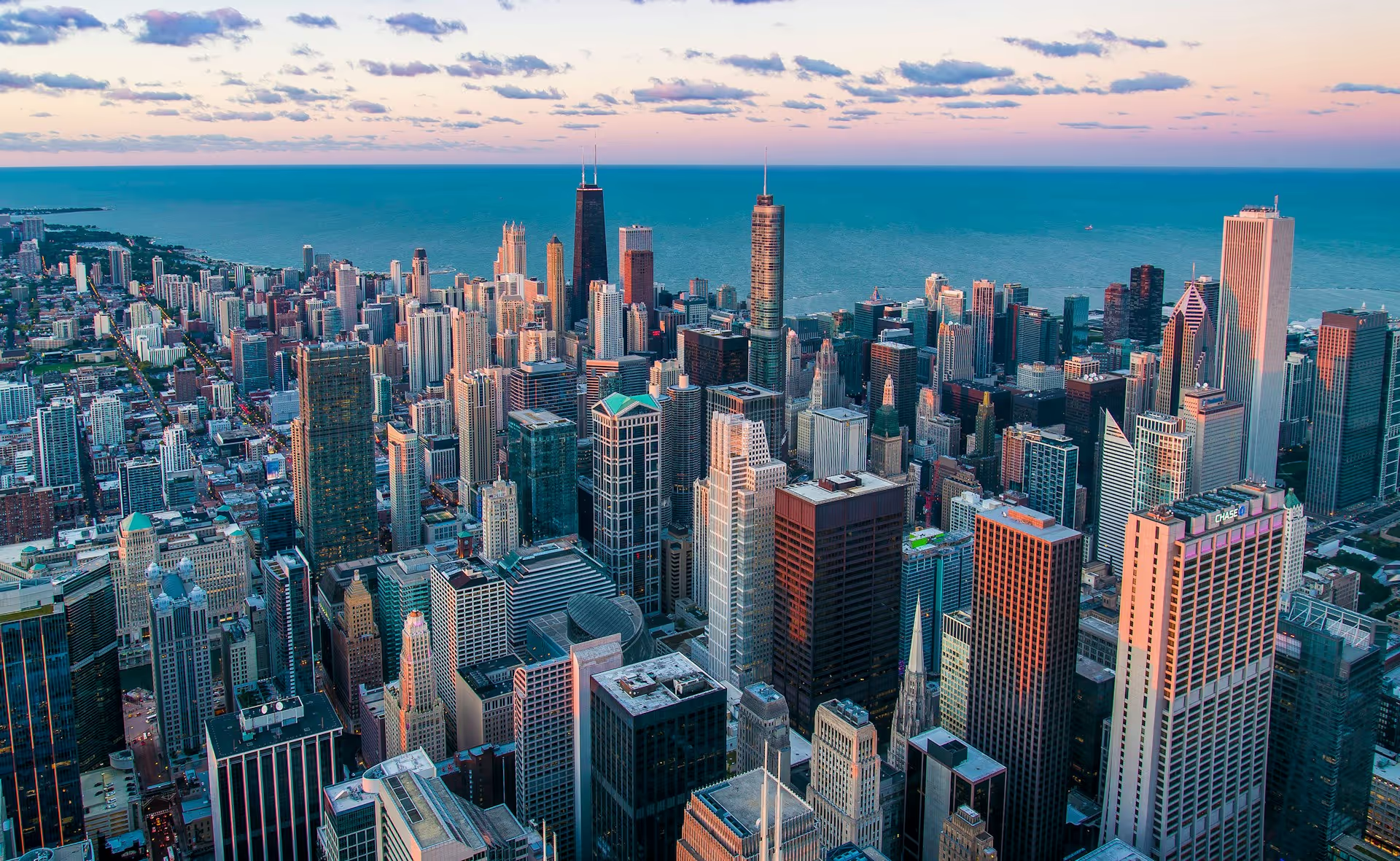Appellate Law and Appeals
I have represented clients in appeals for more than 25 years, primarily representing appellants. An appellant is the party who files or pursues an appeal, while an appellee is the party who defends against it. The appellant has already lost in the trial court and seeks reversal from the appellate court. While appellants face an uphill battle, having already lost once, they can still convince the appellate court that the trial court erred.
Do I Have the Right to Appeal?
The simple answer is yes. Illinois Supreme Court Rule 301 states that "every final judgment of a circuit court is appealable as of right." In Illinois, all parties to a case have the right to appeal trial court decisions to the appellate court. The same applies in federal court. However, this rule grants only the right to appeal to the appellate court, not to the Illinois Supreme Court. Every litigant has the right to one appeal to the appellate court. To appeal to the Illinois Supreme Court, you must file a Petition for Leave to Appeal, which the court must grant. The Illinois Supreme Court is not obligated to hear every appeal and grants only approximately 3% of such petitions. For more information, see: What Are the Odds Against Getting a Petition for Leave to Appeal Granted at the Illinois Supreme Court?
Federal court parties also have an absolute right to appeal to an appellate court. The Federal Rules of Appellate Procedure govern federal appeals. Rule 3 states that an appeal permitted by law may be taken from a district court to a court of appeals by filing a notice of appeal.
When Do I Appeal?
The timing for filing an appeal depends on the type of appeal and the relief sought. In Illinois, filing a notice of appeal initiates the appellate process (Illinois Supreme Court Rule 301). The Illinois Supreme Court Rules govern timing requirements, which vary based on the type of order being appealed:
- Rule 302: Governs direct appeals to the Illinois Supreme Court when a trial court finds a statute invalid.
- Rule 303: Governs appeals from final judgments—the most common type. This rule requires filing a notice of appeal within 30 days of final judgment. Determining what constitutes a "final judgment" can be complex, making it imperative to contact an appellate lawyer immediately if you wish to appeal.
- Rule 304: Governs appeals from final judgments that don't dispose of the entire proceeding, including orders involving estate administration, guardianship, receivership, liquidation, Section 1401 petitions, and contempt orders. In certain circumstances, parties can request special language from the trial court allowing immediate appeal of otherwise non-final orders.
- Rule 306: Covers appeals from orders granting new trials, rulings on forum non conveniens motions, denials of motions to dismiss for lack of personal jurisdiction, venue transfer orders, interlocutory orders affecting unemancipated minors, attorney disqualification orders, and remands to administrative agencies. This rule requires filing a petition (not a notice of appeal) within 30 days, including a statement of facts, supporting record, and legal grounds. This is an expedited appeal process.
- Rule 307: Governs interlocutory appeals (where the case isn't over), including orders granting, modifying, refusing, or dissolving injunctions; appointing or refusing receivers; placing mortgagees in possession; appointing liquidators for financial institutions; ordering asset turnovers; terminating parental rights; and adoption matters. A notice of appeal must be filed within 30 days.
- Rule 308: Governs appeals by permission. The trial court may permit an appeal when there's substantial ground for difference of opinion and immediate appeal may materially advance the litigation's conclusion. Applications must be filed within 14 days of the order.
Federal Court Rules: Federal appeal timing rules are similar but distinct. Rules 3.1, 4, 5, 5.1, and 6 govern federal appeal timing.
Important Tip for Clients Pursuing Appeals
While these timing rules appear straightforward, determining when appeals must be filed is actually quite complex. Many appeals fail not on their merits but due to improper timing, making it imperative to retain an attorney who understands both the timing requirements and what constitutes a final appealable order. Filing a notice of appeal is jurisdictional—if filed even one day late, the appellate court lacks jurisdiction and cannot remedy the error. Numerous cases address disputes over what constitutes a final versus interlocutory order.
What Is the Cost of an Appeal?
Appeal costs in Illinois state courts consist of four components (excluding attorney fees):
- Docketing Fee: Currently $50.00 (as of 2025), paid when filing the docketing statement.
- Transcript Fees: Payment for court reporter transcripts varies by reporter's per-page rate. While some cases lack transcripts, most require them. Costs typically total several hundred dollars.
- Trial Court Record: The clerk charges per page for preparing the trial court record, including all filed documents, trial exhibits, and transcripts. Total cost is generally a few hundred dollars.
- Brief Copies: Electronic filing is mandatory in 2025, with colored cover pages required for different brief types. Hard copies must also be delivered to the appellate court. Costs are typically under $100.
- Federal Court Appeals: Federal appellate court costs are similar to state court costs.
What Are the Standards of Review?
The standard of review determines how an appellate court evaluates the trial court's decision. Understanding and applying the correct standard is crucial—appellants must tailor their arguments accordingly or risk summary affirmance.
As one scholarly article explains: "Standards of review are drawn from the limited role of the appellate court in the judicial system. Trial court judges generally resolve relevant factual disputes and make credibility determinations regarding the witnesses' testimony because they see and hear the witnesses testify. Whereas, appellate judges primarily correct legal errors made by lower courts, develop the law, and set forth precedent that will guide future cases." (Georgetown University Law Center)
Each issue on appeal has its own standard of review, determining the degree of deference given to the trial court. Redmond v. Socha, 216 Ill. 2d 622, 633 (2005).
De Novo Review
De novo review is the least deferential standard and most favorable to appellants. It applies to questions of law, commonly in appeals from motions to dismiss or summary judgment orders. The appellate court reviews legal questions without deference to the trial court's decision. As stated in People v. Morgan, 2025 IL 130626, appellate courts bear primary responsibility for determining the law. The appellate court essentially conducts a "do-over," making its own determination without deferring to the trial court's reasoning.
When the trial court hasn't heard live testimony and relied solely on depositions or documentary evidence, its factual findings also receive no deference, allowing de novo review.
Abuse of Discretion
This most deferential standard applies to discretionary trial court decisions, particularly those involving courtroom management and procedural matters. The question isn't whether the reviewing court would have made the same decision, but whether the trial court's decision was "arbitrary, fanciful, or unreasonable to the degree that no reasonable person would agree with it." People v. McDonald, 2016 IL 118882, ¶ 32. Common examples include discovery rulings, sanctions, and evidentiary decisions.
Manifest Weight of the Evidence
This standard applies to factual findings. A decision is against the manifest weight of the evidence only when the opposite conclusion is clearly evident or the finding is unreasonable, arbitrary, or unsupported by evidence. People v. Chatman, 2024 IL 129133, ¶ 34. The trial court's superior position to assess witness credibility justifies this deference. To prevail, appellants must show the finding is palpably erroneous when viewing evidence in the light most favorable to the appellee.
Important Tip
Correctly identifying and arguing under the appropriate standard of review is vital. Simply arguing the trial court was "wrong" will fail unless the standard is de novo. For other standards, arguments must demonstrate how the decision lacks evidentiary support or is arbitrary and unreasonable.
How Long Will the Appellate Court Take to Rule?
There's no set timeframe—appellate courts may take as long as necessary. Generally:
- Record preparation: 90 days
- Appellant's brief: 35 days (50-page limit)
- Appellee's brief: 35 days (50-page limit)
- Reply brief: 14 days (20-page limit)
After briefing, cases may be set for oral argument if requested, though most Illinois cases proceed without it. In my nearly 30 years of experience, appellate courts typically rule within one year of complete briefing.
If I Lose in the Appellate Court, Can I Appeal Again?
Yes, but with limitations. After losing in the appellate court, you may petition the Illinois Supreme Court for review. However, the Supreme Court has discretion whether to hear your case and accepts very few petitions—approximately 3%.
What Is a Final Appealable Order?
Determining finality is complex and fact-specific—the primary reason laypeople shouldn't pursue appeals without counsel. I've even filed legal malpractice cases against attorneys who misunderstood appeal deadlines, resulting in jurisdictional dismissals.
A final judgment "ascertains and fixes absolutely and finally the rights of the parties in the lawsuit." Big Sky Excavating, Inc. v. Illinois Bell Telephone Co., 217 Ill. 2d 221, 232-33 (2005). It must either terminate the litigation on its merits or dispose of all parties' rights in the controversy. Orders leaving main claims pending are not final.
Illinois Supreme Court Rule 272 requires judgments to be in writing or noted of record. Courts look to substance over form in determining finality. Judgments must be enforceable without reference to outside sources to be considered final.
This overview provides general guidance, but determining finality remains a complex legal question. Acting quickly to retain competent appellate counsel is crucial to preserving your appeal rights.
Appellate Court Decisions
I have handled numerous appeals over 25+ years. Selected published opinions include:
- Ghilarducci v. Forrest, 2013 IL App (1st) 1005596
- DeSouza v. Tradelink, 2014 IL App (1st) 131456-U
- Rosmarin v. Arnstein & Lehr, 2015 IL App (1st) 132013-U
- Segovia v. Spellmire, 2023 IL App (1st) 211567-U
- United States v. Natale, 7th Cir. No. 12-3231
- Archer Bank v. Homer Developers, 2015 IL App (3d) 140345-U
- Vildziuniene v. Rieff, 2019 IL App (1st) 181324-U
- Carlson v. Michael Best & Friedrich LLP, 2021 IL App (1st) 191961
- Carlson v. Cronin, 2022 IL App (1st) 200724-U
- Archer Bank v. Homer Developers, 2023 IL App (3d) 210585
- PNC Bank v. Boytor, 7th Cir. No. 23-2108
